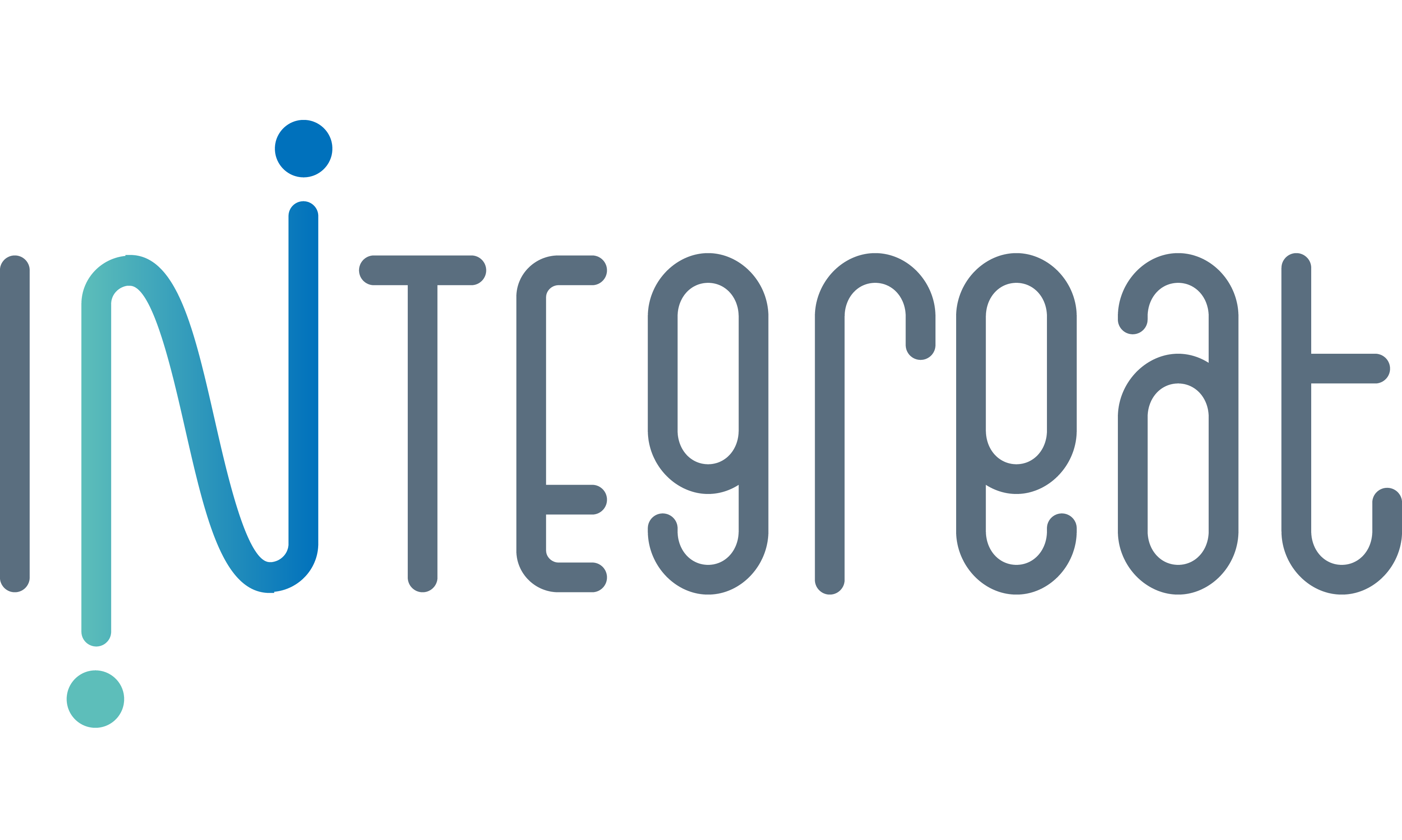Written by Doras
Ireland as a country has undergone profound social change over the past three decades. What was largely a relatively monocultural state, has become much more open and diverse, something that can be understood in part through the vast demographic shifts that are ongoing.
The OECD reports that Ireland is in 7th place among OCED members in terms of the share of migrant people in its population, with foreign-born people accounting for 17% of the total population. 46% of these arrived in the last 5 years compared with 22% on average across the OECD. These statistics are also likely to change even further when the recent large numbers of arrivals of Ukrainian refugees and international protection applicants are taken into account.
It is interesting to note that Ireland’s foreign-born population is on average more educated than across the OECD, with 43% highly educated compared with 31% elsewhere. Despite the existence of high-earning roles, at 61%, Ireland’s foreign-born population is less likely to be employed than their native-born counterparts, something the OECD attributes to differences in age and educational distributions.
Ireland’s housing crisis remains one of the biggest challenges facing the country today and immigrant households, are especially adversely affected. Increasingly they are being forced into substandard rental accommodation that is often overcrowded and exorbitantly priced. The media has reported numerous cases of migrants facing exploitation and evictions.
The country has until recently had a relatively small far-right movement but the housing crisis in particular, has led to an upsurge in racism and hate speech directed at people from other countries. A recent study revealed that 63% of International Students in Ireland have faced racism and there have been a growing number of marches, attacks and incidents where refugees, asylum seekers and migrants have been the target.
Ireland’s integration policy framework
Despite the challenges the country faces, Ireland is considered internationally to have a strong integration policy framework and is ranked among the top 10 countries on the MIPEX migrant integration index based on 2019 data.
Ireland began developing a national integration policy framework in the early 2000s in response to the first significant wave of immigration. This led to the first national anti-racism strategy, which was published in 2005 and the first integration policy was published in 2008. During this period investment was made in the community sector to resource the implementation of integration measures. This included local integration strategies developed at local county level to address local context and needs, which led in part to the mainstreaming of integration efforts, including the requirement of service providers to actively promote inclusion and equal access to services. Overall this contributed to attitudes towards immigration & integration were seen to be positive during this time.
In the intervening years, it could be said that there has been an absence of leadership, coordination, and resources to build on the original foundations. Significant gaps have emerged that are leading to real and urgent challenges. Among them, as previously mentioned, is the stubbornly high rates of unemployment faced by many people from a migrant or refugee background. It is well known that employment is vital to not just livelihoods, but also opportunities for access to social and cultural integration, as well as the mental health benefits that inform self-esteem and dignity.
There are many reasons for the high rates of unemployment, including a lack of awareness of and engagement with mainstream employment support services. It is also well-documented that racism and discrimination remain significant barriers. Additional barriers identified by numerous reports, and referred to in the Doras country report for the INTEgreat project include language barriers, lack of information on rights and entitlements, limited social networks, low levels of trust, administrative barriers, limited availability of services, and social isolation.
While tfirst year of the year of the project, which began in January 2022, was focused on research and policy development, project partners are now implementing local pilot project activities in five countries, including in Ireland, where Doras and Limerick City & County Council are working together to address the barriers faced by people from migrant backgrounds in the four thematic areas. Some of the activities already in progress include an employment support hub delivering employability workshops and providing one-to-one support; the Limerick United Against Racism campaign; the establishment of a Migrant Integration Forum with more activities planned for the coming year.
While still in its relative infancy, this body of work is growing in scale, reach and momentum and is already demonstrating real results that deliver practical benefits to migrant and refugee communities, while also generating learning, insights and data that will help inform future work at the local, national and EU levels.




